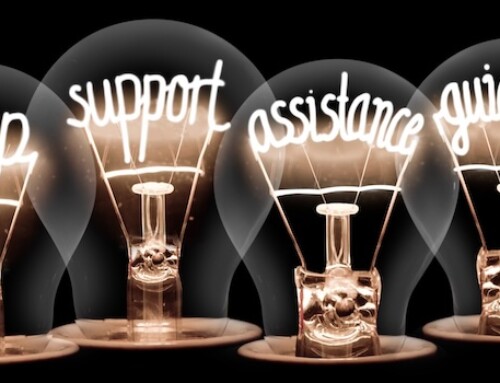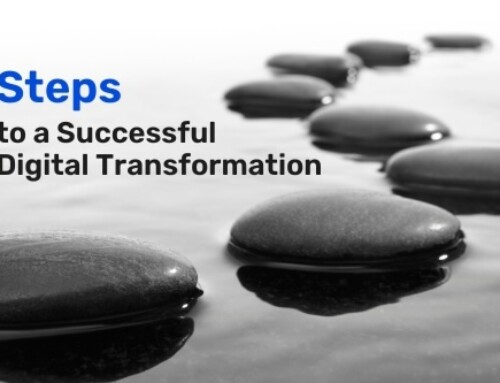There is a powerful move for all businesses large and small, public or private to write in short, medium and long term strategies to reduce carbon emissions, and ultimately become net zero. Membership bodies are perfectly positioned to effect this change, and support their members.
The reason why this is so important is that the world’s climate has changed dramatically over the last few decades. The average global temperature has risen by 1 degree Celsius since 1880, with an increase of 0.85 degrees C between 2000-2015 alone. Without collaborative action, we will see our climate change impact worsen as time goes on.
What is Net Zero?
Global Net Zero is a movement that seeks a world where all energy is sustainably sourced and all businesses, governments, institutions and individuals maintain a balance between what they put in and take out.
The Net Zero concept touches on many aspects of our lives that can impact the environment, including reducing waste, food production, production of goods and services, transportation, water usage and carbon emissions.
What does net zero mean for businesses?
Net zero means that a company is aiming to reduce its total greenhouse gas (GHG) emissions to zero or below. This can be achieved through various methods such as: reducing their own carbon footprint; offsetting any remaining emissions with those emitted elsewhere; using renewable sources of power etc.
The main aim of this approach is to ensure that no additional GHGs are created by companies’ activities. Many business owners however, do not know where to start. This is where the position of trust and influence Member bodies have is crucial to champion the available solutions.
What are the benefits to a business becoming net zero?
Becoming net zero has many benefits including operational cost saving through efficiencies, improved reputation with customers, employees and supply chain partners, reduced risk from climate change impacts, increased brand awareness and recognition in the marketplace, enhanced employee engagement and satisfaction, and an opportunity for businesses to demonstrate leadership on environmental issues.
What does this mean for member organisations?
Net zero is a goal all organisations should be striving towards, and it has been set as a priority of the World Economic Forum’s global sustainability agenda. The scope of this goal not only includes large corporations, but also companies, communities and individual households.
There is an evident desire for businesses and individuals to decarbonise their operations, however very little is understood about how to start this process, how costly, disruptive and time consuming it will be.
Member organisations need to position themselves as leaders, pioneers and support bodies for their members, directing and helping businesses find the appropriate support mechanisms that are available in each industry and sector they operate within.
In the UK, organisations need to be net zero by 2050. There are many benefits for all involved members to becoming net zero. Not only does the organization become more sustainable and reduce its carbon footprint, but it also saves money on energy bills. Member organizations can use this strategy to set themselves apart from other organisations by bringing in new technologies that will help keep them competitive.
By overcoming the 4 common hurdles of time, money, knowledge and appetite to change, businesses can start their journey to net zero quickly, easily with a fully supported programme.
Conclusion: Why net zero is important for member organisations
Net Zero is not a new concept. However, in recent years it has been highlighted as a necessary trait for any sustainable operation.
Member Organisations need to attract and retain membership, by adopting a Net Zero support programme they can ensure their members have access to resources, tools and knowledge to help them start their journey and thrive throughout the process. There is no need to reinvent the wheel when it comes to reducing carbon emissions, solutions are being worked on by many bodies, clear access to these world changing solutions are vital.
By implementing these strategies into their business model, members have an opportunity to reduce costs while increasing profits.
FAQs
How can a business achieve Net Zero?
By partnering with a specialist consultancy, businesses can have their emissions analysed, and a fully structured carbon reduction strategy implemented. This combined with offsetting projects, can result in carbon neutrality within 12 months.
How much does it cost to become Net Zero?
Large corporates spend millions on sustainability and net zero projects. Micro and SME businesses do not need to invest very much if anything to start their journey.
Free carbon calculators are available online, with varying degrees of complexity. Like any service, a more comprehensive solution will start to incur higher costs, however the efficiencies a Carbon reduction project will bring a company delivers a ROI surprisingly quickly.
I’m only a small operation, should I bother?
The net zero movement is a global target, so all companies and individuals need to take action. Supply chains are now demanding that suppliers must have carbon reduction strategies in place, so by not taking action, businesses will become less competitive and struggle to keep up with the ever-changing landscape.
What is Greenwashing?
Greenwashing is overstating a company’s sustainable activities or products. While Greenwashing can be partly true, it is very frowned on, and can cause severe reputational damage. When stating what sustainable initiatives a company is undertaking, or planning, clear fact-based solutions should be highlighted.
 Meercat Associates provide member benefits such as cost reduction, renewal and engagement services to membership organisations across the UK.
Meercat Associates provide member benefits such as cost reduction, renewal and engagement services to membership organisations across the UK.









Leave A Comment